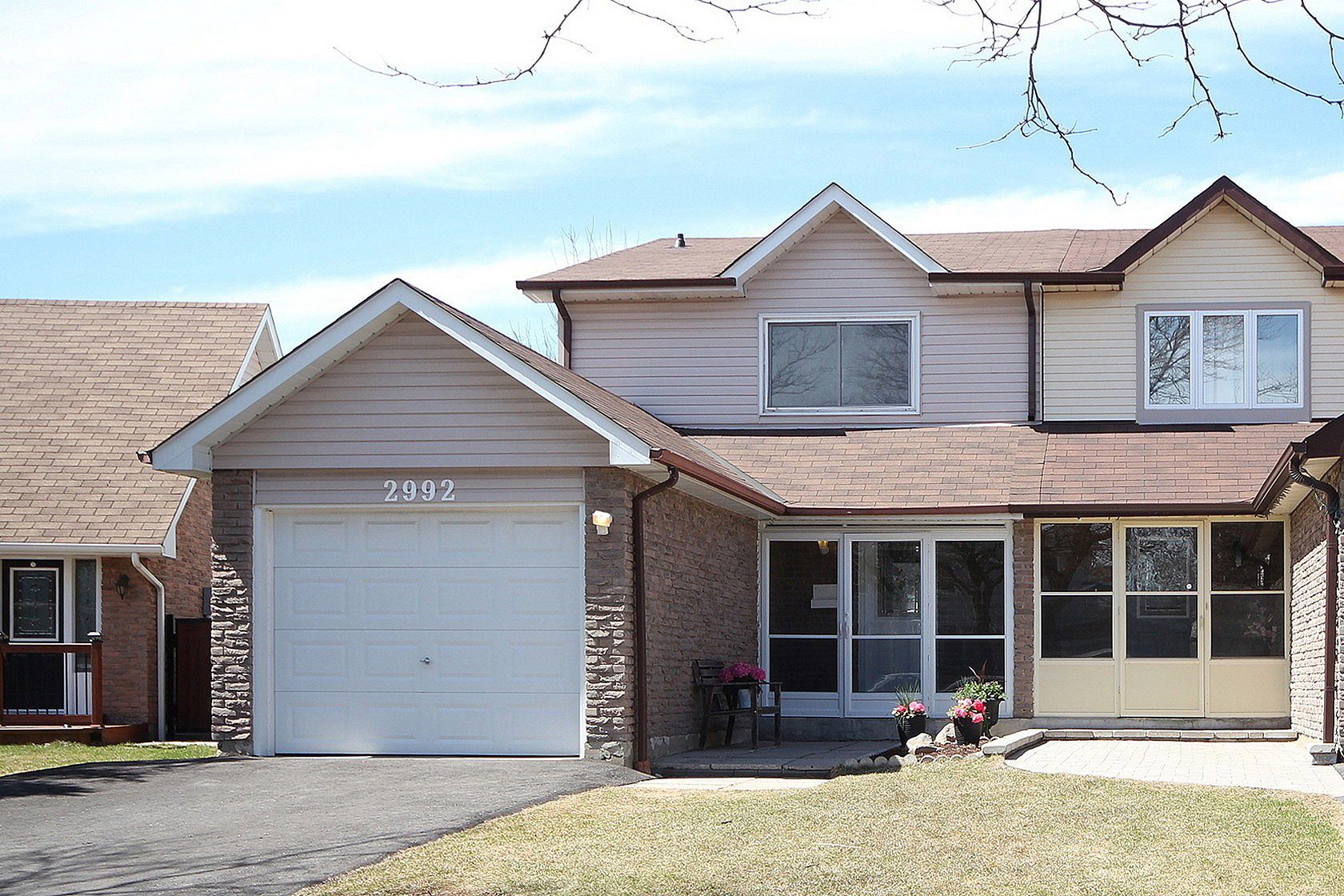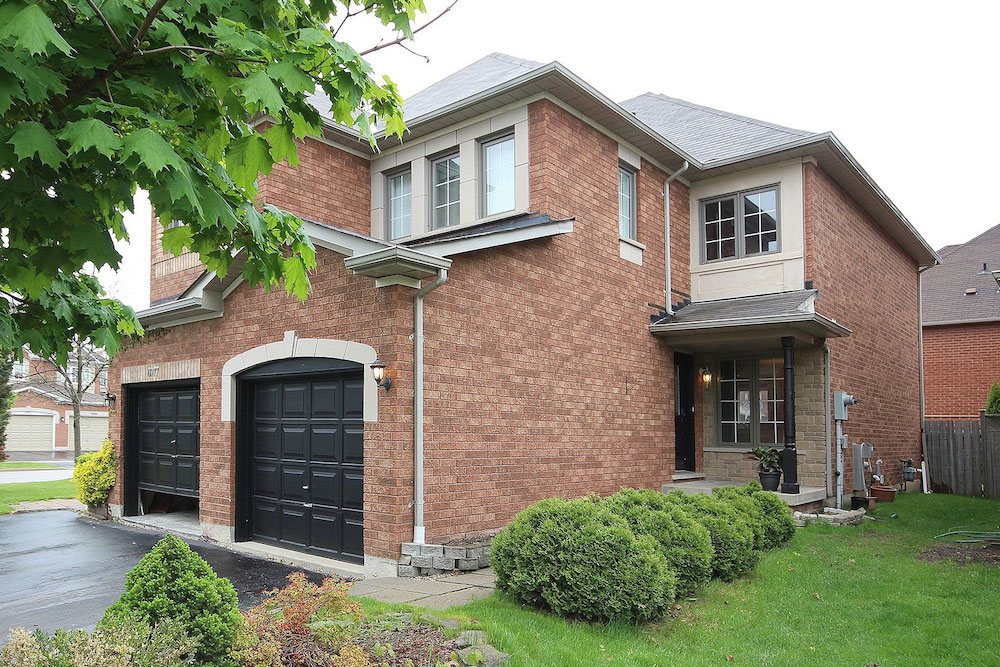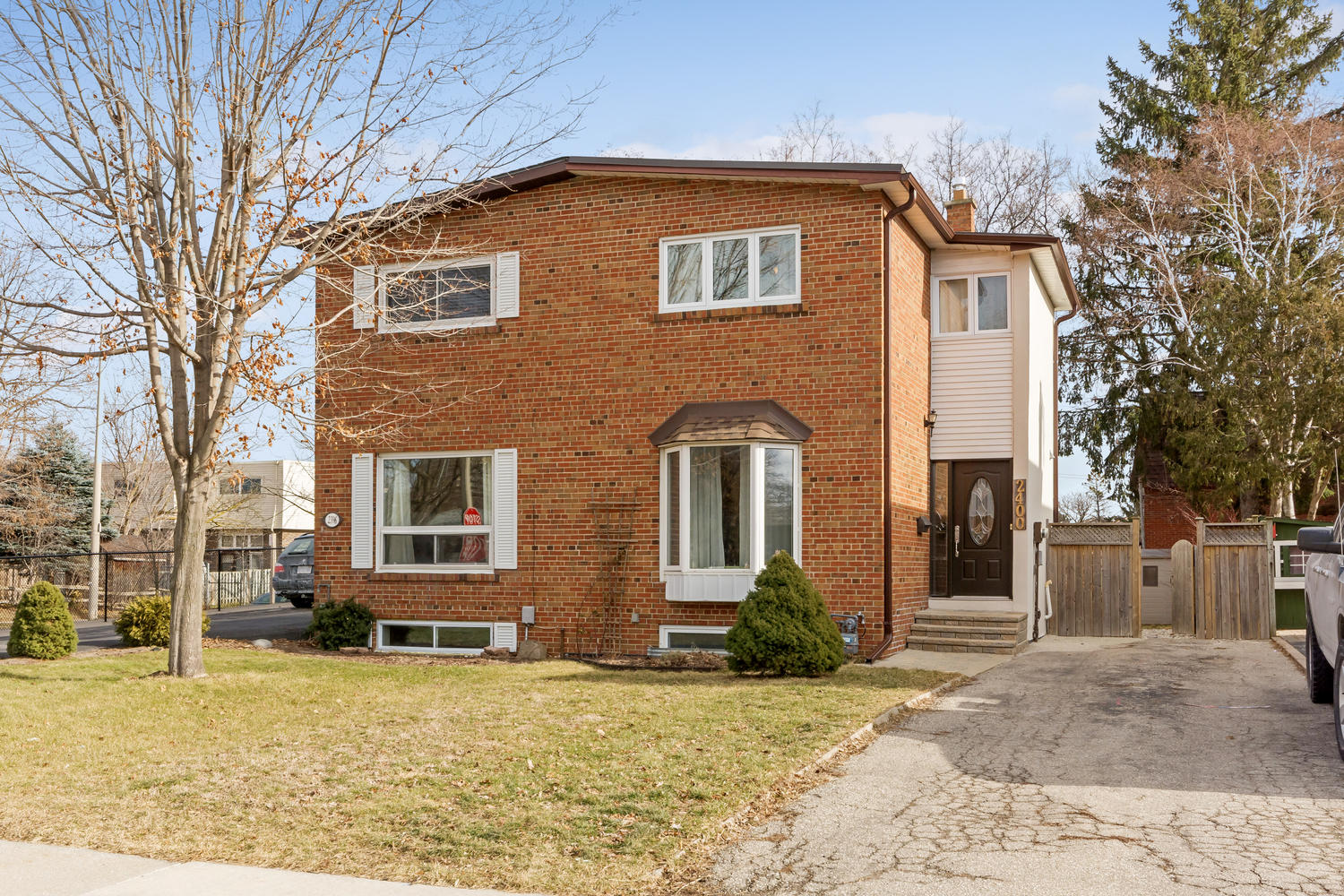A very common question asked by clients is what is the difference between a fixture and a chattel in real estate?
Below is the definition of a Fixture from the Real Estate Encyclopedia Canadian Edition:
An improvement or item of personal property on the real property becomes a fixture when it is so attached to the real property or building that it becomes part of it.
Below is the Definition of a Chattel from the Real Estate Encyclopedia Canadian Edition:
Moveable possessions and personal property (usually items that may be removed without injury to the freehold estate)
Pretty strait forward right…?
Here is a simple rule that works most of the time: A fixture is something permanently fixed to a property and is assumed to be included in the sale unless specifically excluded in writing. Examples include lighting fixtures and built in shelving.
On the other hand, a chattel is something that is not permanently fixed to the property and therefore is not assumed to be included in the sale unless specifically included. Examples of chattels that are commonly included in a sale include major appliances such as fridges, stoves and washer and dryer sets.
9 out of 10 times this is pretty strait forward but where issues can occur is when the buyers and sellers (and their agents) have different opinions on what constitutes a fixture and a chattel. A good example of this are flat screen TV mounts. They are fixed to the property so by this definition should be included right? We’ll not so fast… I sold a house a few months ago that had TV mounts that my clients assumed were in the agreement. At the home inspection, the seller’s agent was there and mentioned to us that her clients were willing to sell the mounts for $200. Since my clients were not thrilled with the location of the mounts they declined and requested the sellers remove them and repair any damage to the walls. We had the agreement amended to make sure this was clear.
In this specific instance this worked out in my clients favour. They were happy to take the home as is and pay a handyman to repair the holes (which would have cost more than $200) but instead ended up saving the money and inconvenience.
For me, I wanted to know for sure what the rules were in this instance so I called a lawyer I work frequently with to confirm. I wish I could say I got a clear answer but I did get some good advice- when in doubt, write in down.
This goes for everything that may be a hot spot for buyers and sellers, from built in closet organizers to grandma’s antique chandelier. Spending the extra time during negotiations will save headaches later on down the road.
Negotiating Chattels
While on the subject, I thought I would touch on the negotiation of chattels, because there are people out there who claim you can include almost anything in a deal.
When it comes to Chattels, generally speaking there are certain ones that are normally included in a purchase. Fridges, stoves and the washer and dryer set. 9 out of 10 times these things get thrown in a sale for 2 simple reasons- they are much cheaper than they were 10 years ago and frankly they are too heavy and cumbersome to move.
So they are going to ask for the fridge and stove…ok. I’ll probably do the same for the next home I buy. But what about other things?
My advice regarding trying to throw the sellers’ possessions it to the deal:
As tempting as it is, leave home sellers personal effects out of the deal. I’ve been in situations in the past where chattels have ruined a deal.
True story, a few years ago I had clients who we’re looking for a fairly prestigious home on a tight budget. We looked high and low and couldn’t find the right home until we stumbled on a winner. This house was in immaculate shape, checked all their boxes and they loved it. After seeing it my clients called me a few hours later to say they were going to make an offer and that they had to make a call to their bank. They would call me in the morning.
The next morning I received a call from the wife saying that they were going to offer, but that she wanted to quickly see the place one more time just to make sure she didn’t miss anything- so I set it up the showing during lunch time. When I arrived at the home she waiting on the driveway with her friend. During the visit they spent most of the time itemizing the furniture and her friend was speaking to her in another language in what seemed to be some heartfelt advice. Then the conversation,
Client: Jeff, do you think the client would be willing to include some furniture?
Me: I don’t think that’s a good idea, the market is pretty tight and sellers have the advantage. This home just came on the market and we don’t want to risk loosing it. In my experience home owners can get offended when people ask for their personal belongings.
Client: ok, no problem
Problem solved, or at least I thought. We were meeting later that afternoon to write the offer up.
Client: I want you to include both couches, the multimedia equipment and all the pictures on the walls in the living room.
I tried to caution my clients on this, but they were insistent that these chattels be included. We drew up the offer and I went to present it to the home seller and his agent. During this time I was informed that there was a competing offer on the property so I informed my clients and asked them again to take the furniture out. Against my advice they decided to raise their offer price but held firm on the chattels, they wanted those couches.
During the offer presentation the home owner not so politely informed me that they were custom designed couches, one costing $12,000 and the other costing $20,000! As you can imagine, I was on damage control at that point and for the rest of the offer presentation I was trying to recover from the insult this home buyer took regarding his furniture.
At the end of it all, my clients didn’t get the home. The other offer won which was for less money. My clients were devastated. They took advice from a friend and it cost them the home they truly wanted.
Moral of the story, be very careful about including a home owners personal effects in an offer to purchase, it may just sink an otherwise solid offer.
I hope you enjoyed this explanation of the difference between fixtures and chattels in real estate, and my story of how they can sink a deal! Looking to buy or sell a home in Mississauga or the west GTA? Let’s talk!







Trackbacks & Pingbacks
[…] What is the Difference Between a Fixture and Chattel in Real Estate? […]
[…] What is the Difference Between a Fixture and Chattel in Real Estate? […]
Comments are closed.